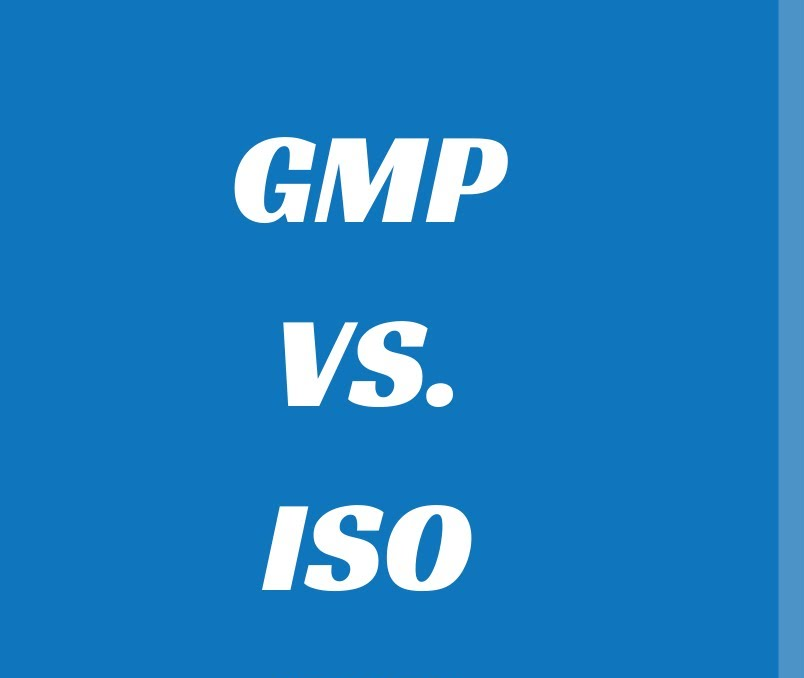Quality standards establish the criteria for excellence in any industry. GMP (Good Manufacturing Practices) and ISO (International Organization for Standardization) certifications represent two essential methods of quality management, each tailored to specific applications across various industries. Although both frameworks guide quality processes, their scope and implementation possess significant differences that influence the operational practices of diverse companies. Here, we will see the basic differences between ISO Certification and GMP standards in India.
ISO (International Organization for Standardization)
ISO, which stands for the International Organization for Standardization, provides a framework for establishing a business and enhances its operations. ISO certification serves as an international standard-setting entity that offers optimal guidelines for enterprises. The organization has been established through various national standards, with participation from approximately 163 countries. Nevertheless, the primary secretariat is situated in Switzerland. Both ISO and GMP ensure quality assurance; however, upon examining their operational structures, one can find a few differences between ISO certification and GMP standards.
Good Manufacturing Practices (GMP)
GMP, or Good Manufacturing Practices, establishes effective manufacturing protocols that ensure and guarantee the consistency of product quality to a certain level of standardization. While GMP is recognized internationally, its application is predominantly domestic rather than global. Each country deploys its version of manufacturing protocols, rules, and regulations; however, they are required to possess FDA GMP certification for importation. Should a company lack GMP certification or fail to meet its obligations, the FDA has the authority to halt or prohibit operations at the facilities.
A Brief Comparison of ISO Certification and GMP in India
ISO offers resources for organizations to understand how to implement criteria related to quality, reliability, and safety. It consistently aims for quality assurance and enhancement while reducing inefficiencies. Conversely, GMP oversees industries to safeguard consumers and clients from potential harm. It emphasizes adherence to precise standards concerning manufacturing processes and procedures. The guidelines set forth by GMP primarily govern the authorization and licensing involved in the production and sale of food, drugs, and pharmaceuticals.
ISO is considered a business-focused standard that always enforces effective management of internationally considered best prices. GMP is considered practices that are required for ISO to conform to guidelines recommended by agencies.

In addition to the GMP framework, there exists the cGMP (current Good Manufacturing Practices) guideline. While GMP establishes the groundwork for consistent product quality, cGMP focuses on remaining current with advancing technologies and standards. Much like ISO standards, it is centered on quality. Nevertheless, there are distinctions in the following areas:
Regulatory versus voluntary: cGMP is obligatory and enforced by regulatory bodies such as the FDA to ensure product safety, whereas ISO certification is optional and emphasizes customer satisfaction across various industries.
Purpose: cGMP ensures the safety, identity, and quality of products, primarily aimed at safeguarding public health. In contrast, ISO 9001 seeks to enhance overall business performance and operational efficiency.
Historical development: cGMP guidelines were first implemented in 1978 under the authority of the FDA, which included mandatory on-site inspections and product recalls for non-compliance. ISO 9001 was launched in 1987 as a voluntary standard, and although ISO 13485 was introduced in 2003 specifically for medical devices, it does not carry the same legal authority as cGMP.
Ongoing updates: cGMP is adaptable and progresses with technological advancements, while ISO standards are revised less frequently.
Integration potential: Although cGMP is compulsory, ISO standards are optional, creating a fundamental difference in compliance. However, recent updates to cGMP guidelines have integrated aspects from ISO 9001, facilitating the process for companies that are already cGMP compliant to obtain ISO certification.
At Consulthive, we are committed to providing top-notch manufacturing solutions that emphasize compliance, risk management, and traceability. By collaborating with us, you will benefit from our expertise, reliability, and dedication to ongoing enhancement. Reach out to us today, and let us explore how we can assist you throughout every stage of your projects.
